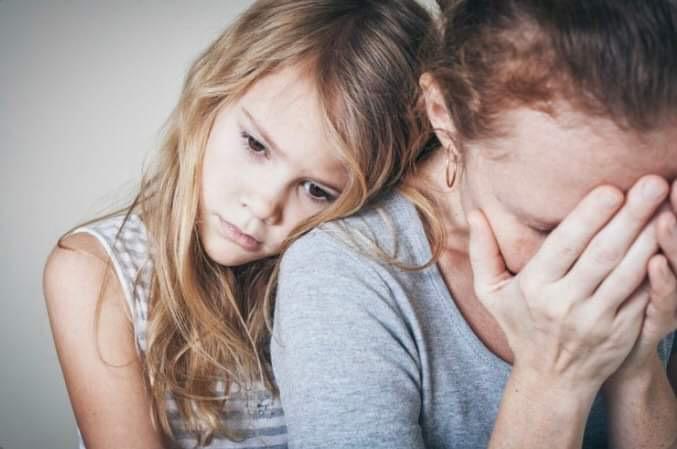By Polina Pallieraki,
The death of a loved one is recognized as one of the most stressful situations a person can experience during their lifetime, as long as it requires a significant psychological adjustment. Children usually mourn the loss of a parent, however, the loss of any person they love and consider important and to whom they are attached, is called mourning too. Children who grieve, often share the same problems and needs as adults, yet their grief goes unacknowledged, either because adults do not want to deal with a child’s grief, or because the children themselves suppress their emotions to protect their parents.
What is Mourning?
Grieving is defined as the reaction to loss, to the cause of death. Mourning is the feeling of sadness that someone feels when some great calamity happens to them, usually when they lose a loved one, but also the customs that are followed for some time after the loss of the person. It is the way we react to the death of a loved one. It is a painful emotional process that we enter after a significant loss. It is the situation that we face when we are called to be separated from the one who died and to adapt to a world from which he will be absent.
How the child perceives death according to age
Infancy & early childhood (0-3 years): Children cannot understand the meaning of death, but they can feel the absence as well as the sadness of adults. Because they cannot express themselves verbally, they often experience sleep disturbances, feeding problems, and irritable behavior.
Preschool age (3-6 years): Children perceive death as separation but they do not understand the permanence of the event. Often, with their rich imaginations, they believe that their words, thoughts, or actions can cause someone’s death. At this age, mourning is expressed in regressive behaviors such as nocturnal enuresis and finger-sucking.
School-age (6-12): Children understand the permanence of death, but they often think that happens to others. Mourning is expressed by the appearance of phobias, learning difficulties, mood disorders, and highly aggressive behavior.
Adolescence: Teenagers understand the permanence and meaning of death. Sometimes they seek support from other people, sometimes they isolate themselves and try to cope with the loss on their own, and it is not unlikely that they will show cynicism towards death so that they are thought to feel nothing. Mourning is expressed through anger, school failure, pessimism, defiant behavior, intense sadness, and eating disorders.

How you can help the grieving process
Listen carefully to the child.
Encourage the child to talk to you about the loss by making sure you listen carefully and authentically and respect their opinions by answering their questions honestly. If the child expresses an emotion, show that you recognize it by saying “I see you are sad/stressed/frustrated/angry”. Avoid expressions like “I know how you feel” because, in reality, no one knows how the other person feels.
Let the child cry.
Explain to the child that it is permissible and legitimate if he feels like crying. You can express your grief in front of the child so that the child feels comfortable doing the same. If your grieving takes a long time, get help.
Explain the cycle of life in simple terms, according to the child’s developmental stage.
The child’s information must be by his level of understanding, his age, his experiences, and his needs for information at the given time. Younger children are not able to process specific information. Keep your answers short, and simple, and repeat them if appropriate.
Encourage the child to return to his routine, but without pressuring him.
The changes that come after a loss can be overwhelming. Help children maintain a normal routine because it is very easy for disorganization to come.
Reassure them of the deceased’s love.
Talk about the deceased. From time to time, remind the child how much the deceased loved him and that he knew he felt the same way. This is necessary because often children feel guilty about something or worry that they did not show their love enough.

Let the child decide.
If a child asks to attend the funeral ceremony they must be fully prepared for what they are going to hear or see. Under no circumstances should he be forced or feel guilty if he does not want to participate. However, if he decides to attend the ceremony, this should depend entirely on the age stage of the child his ability to process the situation, and his relationship with the deceased.
Children grieve just like adults. How they express their mourning may differ in many respects from those of adults, their cognitive level may not allow them to process terms such as death or loss with the same speed and efficiency, nevertheless and the children, mourn. And in their mourning they need, like any other person, support, love, understanding, and, above all, answers.
References
- Evangelos Orfadidis, Το πένθος στην παιδική ηλικία. Available here
- e-psyxologos, Πένθος στην παιδική ηλικία, Available here




